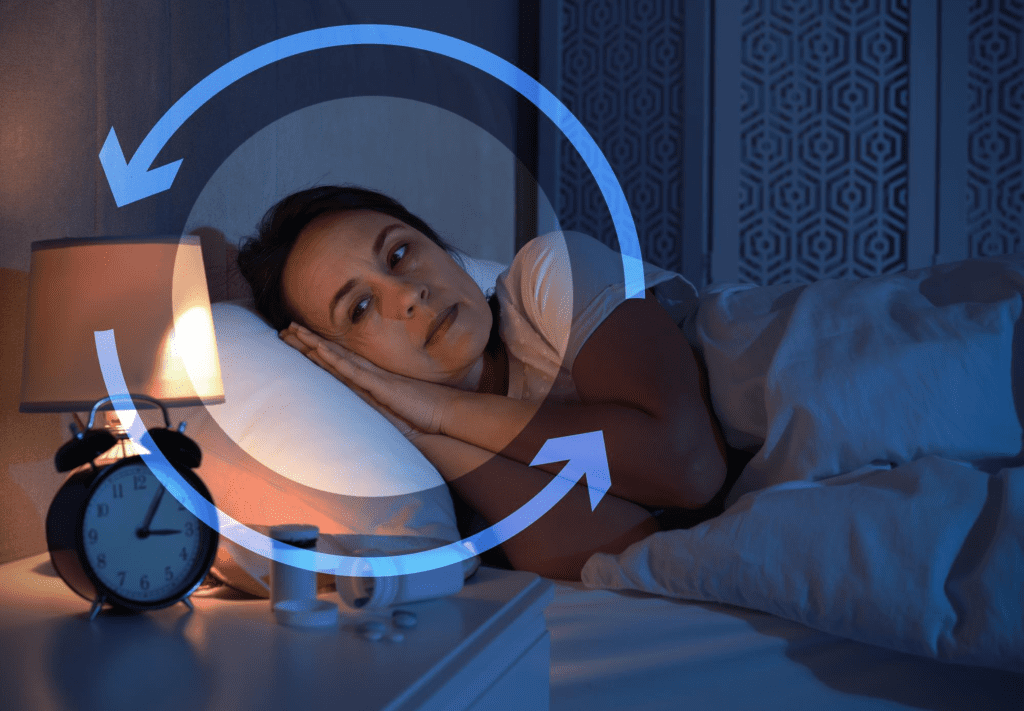Explore the crucial role of sleep in optimizing athletic performance, muscle recovery, and overall physical health.
Greetings, fellow fitness enthusiasts! Today, we’re delving into a critical yet often overlooked aspect of health and fitness: sleep. While we’re accustomed to focusing on nutrition and exercise as the pillars of a healthy lifestyle, sleep plays an equally vital role in supporting physical performance, muscle recovery, and overall well-being. Join us as we uncover the profound impact of sleep on our bodies and learn how prioritizing quality sleep can elevate our athletic performance and enhance our fitness journey.
The Importance of Quality Sleep

Sleep is essential for our bodies to repair, regenerate, and recharge after a day of physical activity and mental exertion. During sleep, our bodies undergo crucial processes that support muscle growth, tissue repair, hormone regulation, immune function, and cognitive performance. Lack of sleep or poor sleep quality can disrupt these processes, leading to decreased physical performance, increased risk of injury, and compromised overall health.
Sleep and Athletic Performance

Quality sleep is a key determinant of athletic performance, influencing factors such as reaction time, speed, accuracy, endurance, and strength. Research has shown that athletes who prioritize sleep experience improvements in performance metrics across various sports and activities. Adequate sleep allows the body to recover from training sessions, adapt to physiological stressors, and optimize muscle repair and growth, ultimately enhancing athletic performance and reducing the risk of injury.
Sleep and Muscle Recovery

Sleep plays a crucial role in the repair and recovery of muscles following exercise-induced damage. During sleep, the body releases growth hormone, which stimulates tissue repair and muscle growth. Additionally, sleep promotes the release of cytokines and other immune factors that help reduce inflammation and support the healing process. By prioritizing quality sleep, athletes can accelerate muscle recovery, minimize soreness, and maximize gains from their training efforts.
Strategies for Improving Sleep Quality

To optimize sleep quality and enhance physical performance and recovery, consider incorporating the following strategies into your nightly routine:
- Establish a Consistent Sleep Schedule
Aim for 7-9 hours of quality sleep per night and strive to go to bed and wake up at the same time each day, even on weekends.
- Create a Relaxing Bedtime Routine
Develop pre-sleep rituals that signal to your body that it’s time to wind down, such as dimming the lights, practicing relaxation techniques like deep breathing or meditation, and avoiding electronic devices and stimulating activities.
- Create a Comfortable Sleep Environment
Make your bedroom conducive to sleep by ensuring a comfortable mattress and pillows, controlling room temperature and noise levels, and blocking out light with curtains or an eye mask.
- Limit Stimulants and Alcohol
Minimize consumption of caffeine, nicotine, and alcohol, especially in the hours leading up to bedtime, as these substances can interfere with sleep quality and disrupt sleep patterns.
- Manage Stress and Anxiety
Practice stress-reducing techniques such as mindfulness, journaling, or gentle stretching before bedtime to calm the mind and promote relaxation.
Conclusion
Quality sleep is a fundamental component of optimal health, fitness, and athletic performance. By prioritizing sleep and adopting healthy sleep habits, athletes can enhance their physical performance, support muscle recovery, and achieve their fitness goals more effectively. Remember, sleep is not a luxury but a necessity for achieving peak performance and overall well-being.
Are you ready to prioritize quality sleep and unlock your full athletic potential? Share your thoughts, questions, or experiences in the comments below, and let’s support each other on the journey to better sleep and better performance!

